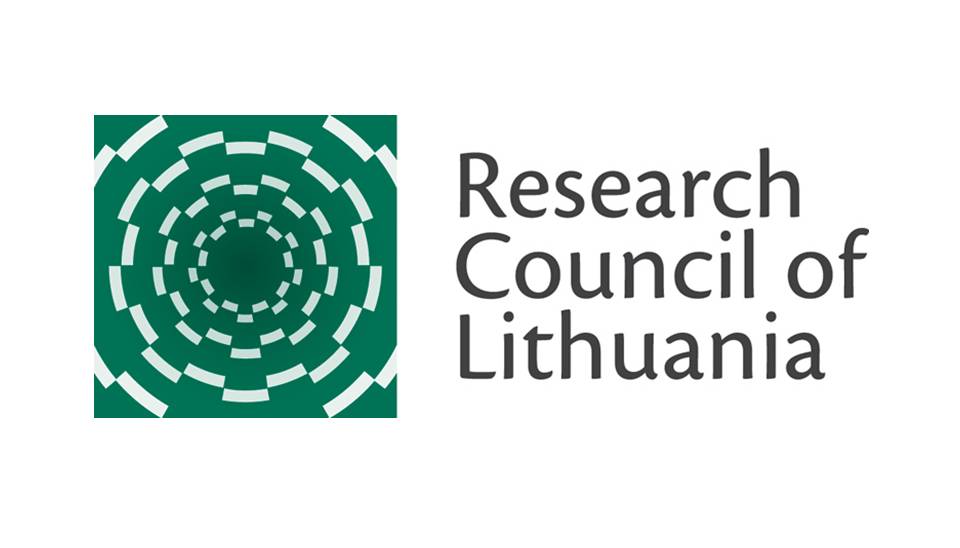Project idea
Competition over borders, their delineation is an important part of state practices. The immaterial dimension of borders should be emphasized as well, that is other “territories” – historical, cultural, social, linguistic – also make use of borders and bordering practices. These processes are the permanent feature of the political practices. Though the conflicts, crises create an exceptional situation by making the bordering practices more intense, more controversial, and by opening more radical reconstruction and review of borders.
These tensions not only allow more deeply understanding of the border construction, but also provide the better opportunities to analyze and theorize the significant transformations and demonstrate the nexus between the political and day to day bordering practices. Therefore this project seeks to analyze the conflict, crisis situations, and as an object of analysis choose the Central Eastern European region, the territorial conflicts of Ukraine and Georgia in particular, and also Lithuania as a different kind of conflict situation, and also includes the analysis of Russia, the significant actor in all contexts.
Thus, the goal of the project is to analyze the 21st century bordering practices in Central Eastern Europe in conflict situations (the cases of Ukraine, Georgia and Lithuania) by demonstrating the connection between and the role of political, historical, and day to day practices.








